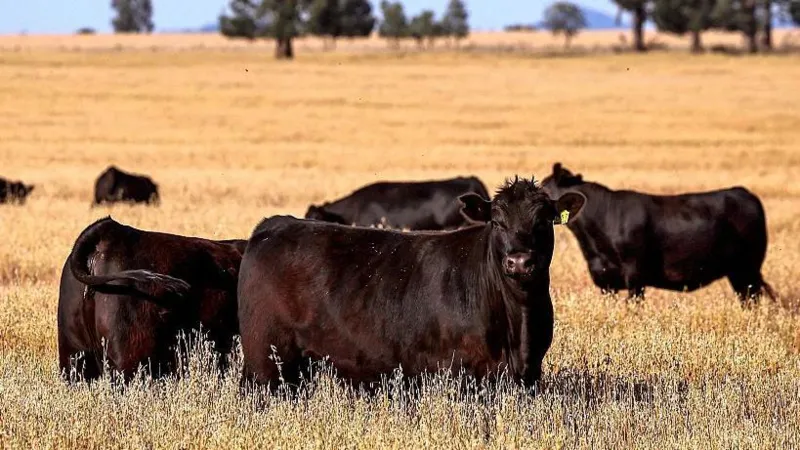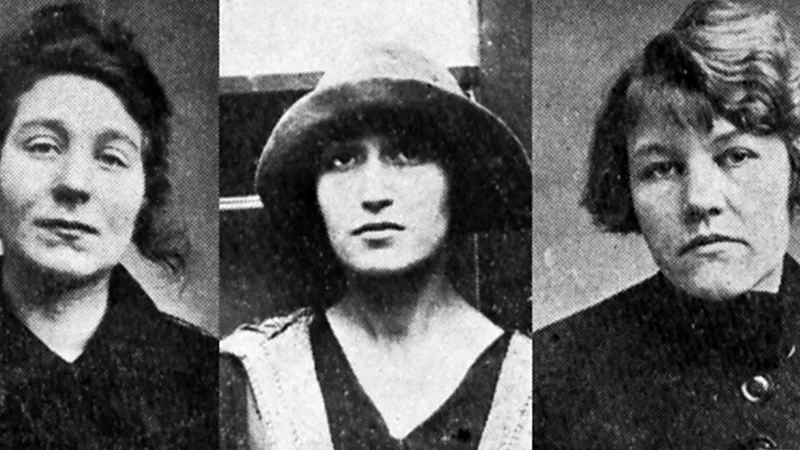King's Speech: Rishi Sunak missed his chance for a reset
Today's policy agenda showed a prime minister who says he's about the long-term, but with only short-term election hits.

Rishi Sunak is a prime minister who likes to talk about long-term decision-making and being a leader prepared to take "tough choices" to change the UK.
On Tuesday, we heard it all again in the opening sentences of the first King's Speech in more than 70 years: "My government's priority is to make difficult but necessary long-term decisions to change this country for the better."
But the truth is there is no such thing as the long-term for a prime minister facing an election, perhaps just a year away, and who is fast running out of time and space to shift the dial with voters.
Politics live: Tories joke about Johnson and Truss as MPs debate King's Speech
Ignore the rhetoric about making difficult decisions for the country. In reality what we saw on Tuesday was a prime minister trying to frame the election, rather than a programme for government, in a bid to show voters the clear difference between him and Sir Keir Starmer.
Sharpening up political dividing lines and points of attack, Mr Sunak signalled he would legislate for more drilling in the North Sea, tougher sentences for serious criminals and stronger support for Israel.
The PM's priorities, all designed to put his opponents on the back foot.
Take the new annual oil and gas drilling licenses.
The government said this was all about "helping the country to transition to net zero by 2050 without adding undue burdens on households".
But it is also squarely designed to try to put Labour, who have ruled out granting new drilling licenses, on the wrong side of those working families this bill purports to help.
And what about "life means life" tougher sentencing?
This is another dividing line Mr Sunak wants to draw between himself and Sir Keir in an election.
Conservative insiders argue this a "very weak flank" for the Labour leader because he refused to endorse life sentences for all murder convictions when he was the director of public prosecutions.
And they intend to trawl through his record in what could become very personal election attacks.
Against a backdrop of a government currently releasing rapists because our jails are full, a PM trying to position himself as strong on law and order might be a rather tall order to make right now, but this at least explains the positioning.
On Israel, Mr Sunak rolled over the bill to set up a Holocaust learning centre in Westminster and another one to stop left-wing councils boycotting Israel with their own sanctions regime.
While Sir Keir will not allow himself to be cleaved apart from the government on the matter of the Israel-Hamas war - his team says he must show the country he is a prime minister in waiting - the latter law could further tensions within his own party.
But beyond the election attack lines, what really was there in this King's Speech that set out a vision? The big idea for Britain?
In reality, this was 20 bills that amounted to not that much.
One former cabinet minister said it was all "just depressing", adding: "It stinks of 'we are managing but we have lost the will to lead'.
"He's a technocrat trying to win an election by saying we can manage the country, but to win you have to lead. We have a big majority but [we're] not making use of it and there's nothing in this for the public to say, wow that's interesting."
Managing, not leading, is the name of the game here - Mr Sunak rolling over half a dozen bills from Boris Johnson's tenure, while plenty of stuff that might have backed up his "taking difficult decisions" rhetoric were instead dumped into the "too hard to do box".
There was nothing on banning conversion therapy, no mental health bill, and the PM dodged nutrient neutrality bill, which would have scrapped old EU rules blocking new housing developments if they caused too much nutrient pollution.
Any attempt at planning reform to turbo boost the housebuilding - a key promise of Labour and Sir Keir - was also dodged.
This was a prime minister who says he's about the long-term, but with a King's Speech laden with short-term election hits.
A PM who says he's prepared to take difficult decisions and then leaves many of them off his legislative programme.
Who says he wants to be a change Britain and then uses this moment to stress continuity.
Already 20 points behind in the polls, without clarity of message, how can the prime minister hope to get voters to tune back in? The King's Speech delivered, the PM's chance for a reset missed.







